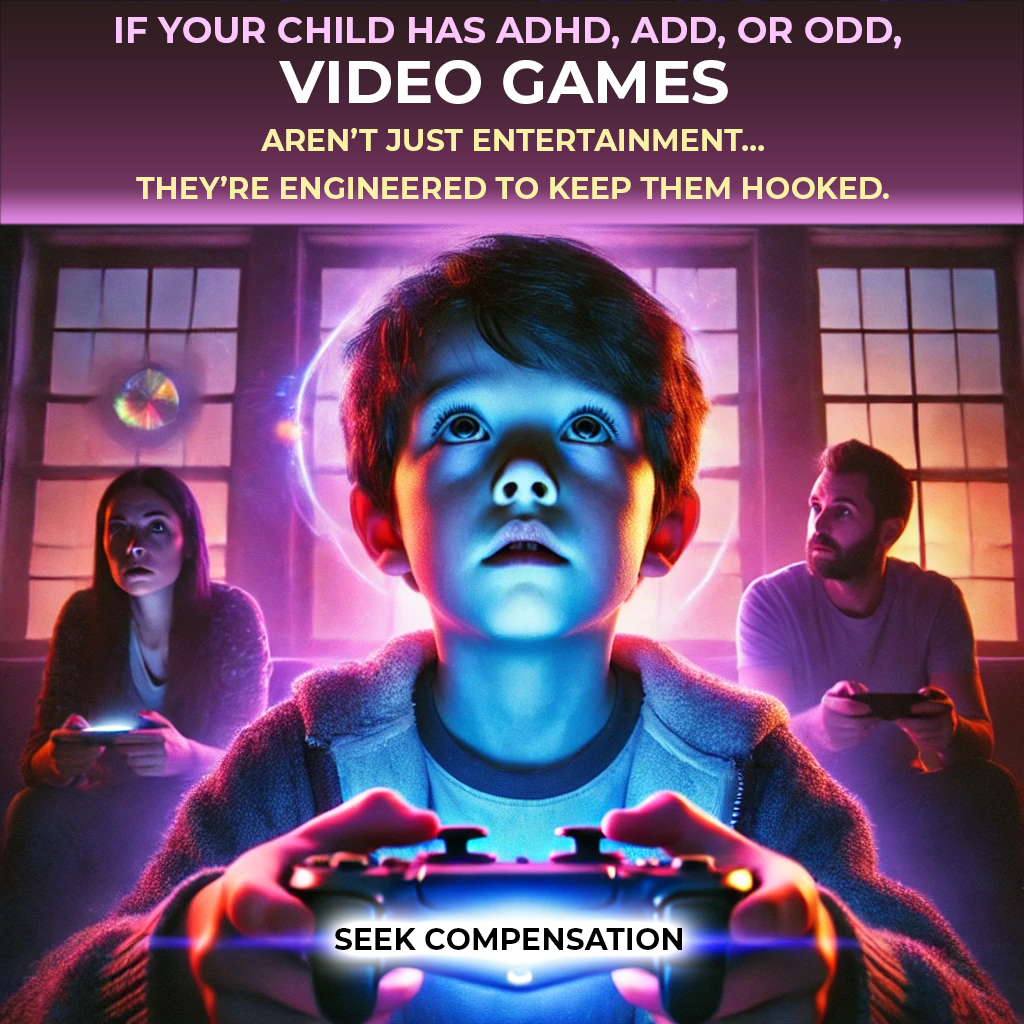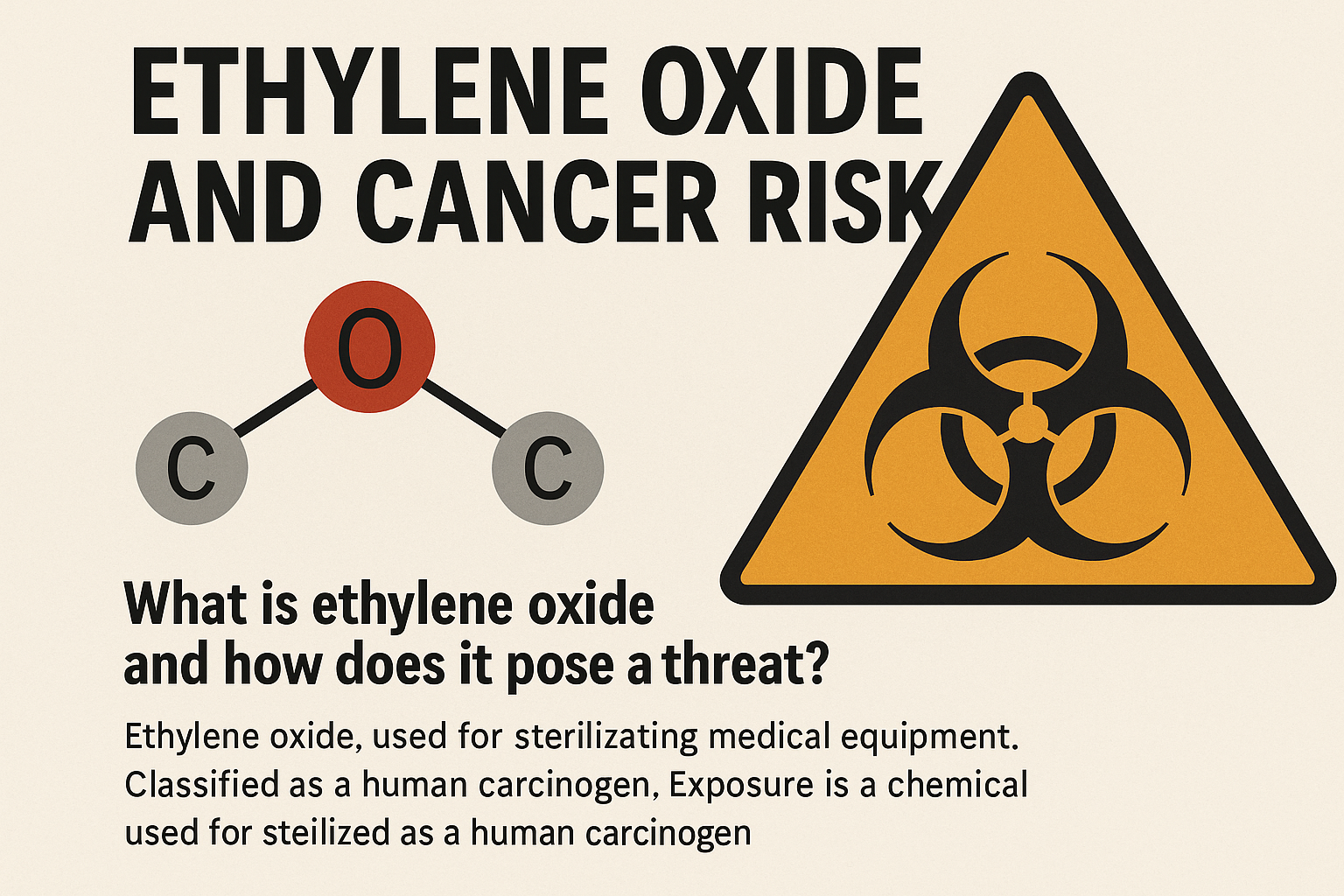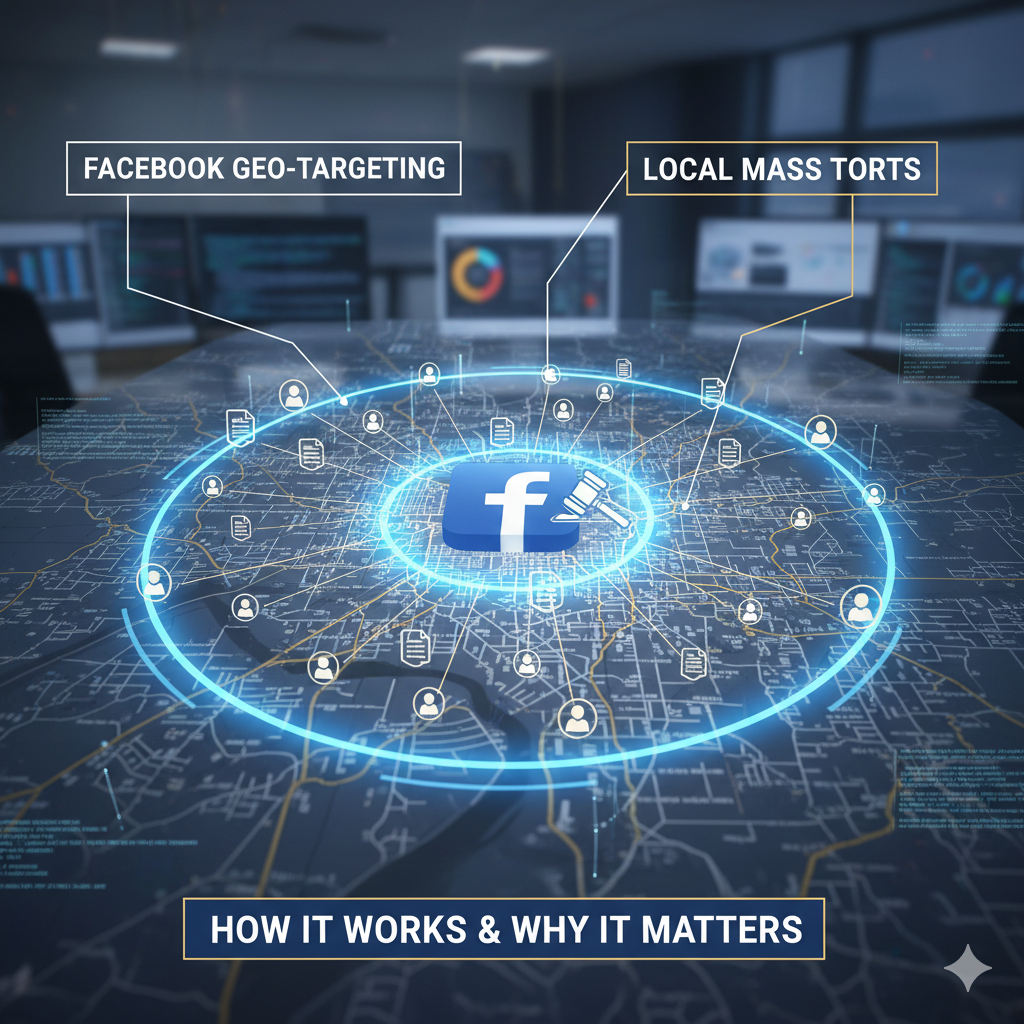After signing up more than 100,000 clients for the Internet Game Lawsuits, affected by video game addiction, it has become clear that many lawyers don’t fully grasp the size of this crisis or how many minors are impacted by Internet Gaming Disorder (IGD).
This post explains the science behind Internet Gaming disorder IGD and why this emerging Video Game Addiction Lawsuits could become one of the biggest mass torts of the 21st century. It’s not too late to get involved. Litigation partners are stepping up, and new cases are being filed every month.
The Scope of the Problem
- There are 55 million children under 18 in the U.S. who play video games.
- Even using a conservative 3.3% addiction rate, that equals 1.8 million children who may qualify as victims of IGD.
These numbers represent millions of families whose lives are disrupted by addictive gaming design—opening the door to massive liability for developers and publishers.
Why Attorneys Should Pay Attention
Lawyers now have an opportunity to hold companies like Roblox, Epic Games (Fortnite), Microsoft, Nintendo, and Sony accountable for creating addictive gaming systems that target minors.
In May 2025, over 100 lawsuits were consolidated into a Judicial Council Coordinated Proceeding (JCCP No. 5363) in California a pivotal moment for this emerging mass tort.
While attempts at a nationwide MDL have been denied so far, Video Game Addiction Lawsuits continue to surge. Families allege:
- Predatory monetization tactics
- Failure to warn about addiction risks
- Deliberate behavioral design aimed at keeping minors hooked
Settlement amounts are still evolving, but early projections suggest significant compensation for families.
Recent Video Game Addiction Lawsuits
- January 2025: A lawsuit in Fresno, CA, targeted Roblox and Google, claiming a child suffered severe withdrawal symptoms.
- Other cases involve League of Legends and games with loot boxes, endless progression, and dopamine-driven mechanics.
- Analysts are calling 2025 a “sea change” in behavioral design litigation, as courts increasingly recognize how companies profit from addiction.
For attorneys representing families facing mental health struggles, academic failure, or even physical harm, the time to act is now.
Understanding Internet Gaming Disorder (IGD)
What Is IGD?
Internet Gaming Disorder is a behavioral addiction characterized by:
- Excessive and compulsive gaming
- Loss of control over playtime
- Gaming prioritized over real-life responsibilities
- Continuation despite negative consequences
Unlike casual gaming, IGD leads to functional decline, especially in children and teens.
Diagnostic Criteria
DSM-5 (Proposed Condition)
Requires 5 of 9 criteria within 12 months, including:
- Preoccupation with gaming
- Withdrawal symptoms when restricted
- Needing more gaming time (tolerance)
- Failed attempts to reduce play
- Deceiving others about time spent gaming
- Jeopardizing relationships or education
ICD-11 (Recognized Disorder)
Requires 3 features over 12 months:
- Impaired control over gaming
- Gaming dominating daily activities
- Continuation despite harm
These criteria strengthen expert testimony in court, showing companies knew—or should have known—about the risks.
Prevalence and Impact
- A 2024 meta-analysis found a global prevalence of 3.3–6.7%.
- Rates are higher in Asia (7.5%) than in Europe (2.6%).
- Males are significantly more affected than females.
- In the U.S., with 55 million minors gaming, millions may qualify as plaintiffs.
Risk Factors
Common risk factors for IGD include:
- Depression, anxiety, ADHD
- Impulsivity and stress
- Excessive gaming hours
- Loot boxes and gambling-like mechanics
- Family issues such as broken homes
Protective factors, such as self-esteem and strong education, are far weaker in comparison.These vulnerabilities are directly exploited by gaming companies, making liability arguments even stronger.
Treatment Options
Treatment for IGD includes:
- Cognitive Behavioral Therapy (CBT) most effective, reduces gaming time and severity
- Pharmacological options bupropion and SSRIs show promise
- Family therapy & motivational interviewing helpful for minors
- Emerging tools virtual reality interventions and self-help programs
This supports claims for medical damages in litigation.
Key Scientific Evidence
- Meta-Analysis (2024): Global prevalence 3.3–6.7%
- Risk Factor Study (2023): Depression and escapism top risks
- Treatment Review (2024): CBT most effective
- Comorbidity Data (2018): Strong links to anxiety (92%) and depression (89%)
These studies provide robust expert material for use in depositions and trials.
The Debate Around IGD
While some experts argue IGD risks overdiagnosis or stigmatizing normal gamers, the ICD-11 recognition and growing scientific consensus confirm it as a serious mental health issue.
From a legal perspective, debate does not absolve liability. Companies can still be held accountable for foreseeable harm.
Call to Action for Attorneys
The science is clear. The lawsuits are mounting. The opportunity for justice is here.
If your clients show signs of IGD excessive gaming, withdrawal symptoms, academic failure, or family breakdown, now is the time to act.
✅ Contact us to discuss referrals or co-counsel opportunities
✅ Help families secure compensation and justice
✅ Be part of the largest mass tort litigation of the 21st century
Together, we can hold gaming companies accountable and protect the next generation.




